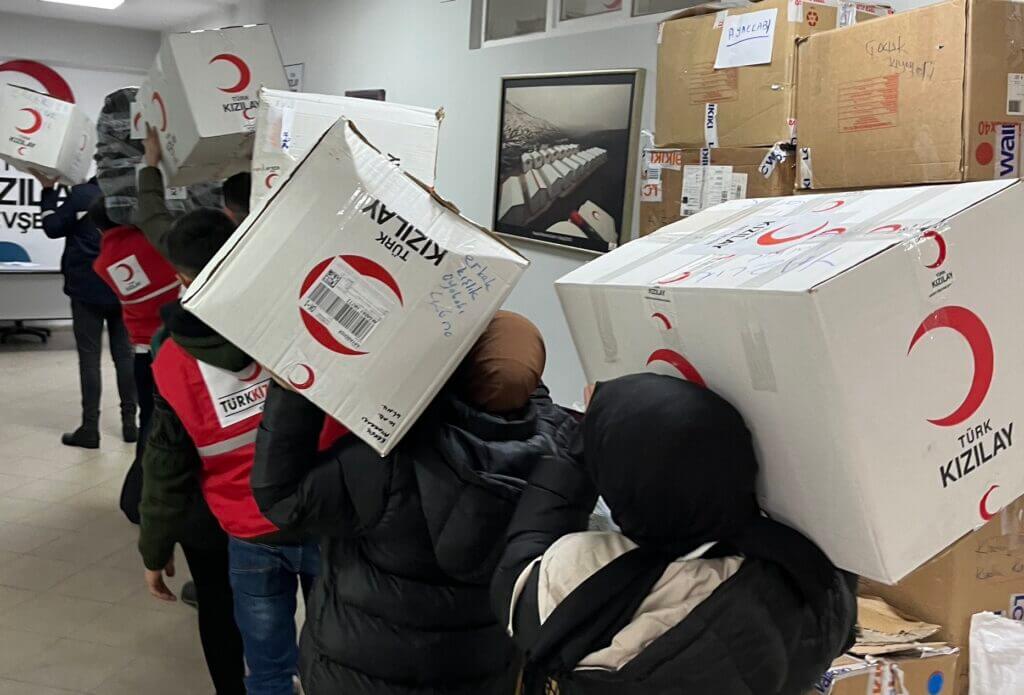Following two powerful earthquakes in southern Turkey a year ago that triggered a nationwide wave of support for the victims, questions have arisen about the distribution and transparency of billions in aid.
The magnitude 7.8 and 7.5 earthquakes affected 11 provinces in the country’s south and southeast on February 6, killing more than 53,000 people in Turkey and leaving millions homeless.
After the live broadcast of “Turkey United in Heart” on February 15, which reportedly raised an impressive TL 115 billion ($6.1 billion at the time) for the victims, the actual management and distribution of these funds came under scrutiny.
Interior Minister Ali Yerlikaya, responding to a parliamentary question from Ömer Fethi Gürer, a deputy from the main opposition Republican People’s Party (CHP), said that of the more than TL 85 billion collected, in excess of TL 56 billion was allocated for the needs of people affected by the earthquake through the Disaster and Emergency Management Authority (AFAD).
However, the lack of detailed public disclosure of the use of these funds has sparked a debate on transparency and accountability.
Critics argue that despite assurances that the donations have reached the intended recipients, the ongoing problems in the earthquake-affected regions, which have remained unresolved for a year, paint a different picture. The lack of a clear and comprehensive breakdown of how these funds have been used continues to fuel skepticism and mistrust among the population.
Barış Soydan, a business journalist who spoke to the Cumhuriyet daily about the matter, expressed concerns about the immediate launch of such a massive relief campaign following the disaster.
Soydan believes that the situation required a more structured approach from the government. He emphasized the need for a tax specifically earmarked for disaster relief rather than relying on voluntary donations. He also emphasized the need for the public to trust that such taxes or donations would be used for their benefit and warned against the possible diversion of funds to unrelated projects.
The Turkish government has been criticized for its slow response to the disaster as well as lax enforcement of building safety standards, which led to a proliferation of shoddy construction in the country and drove up the death toll.
On the anniversary of the earthquakes, millions of people are still living in makeshift shelters as reconstruction progresses slowly.

